| | | | | | | Presented By Facebook | | | | Axios AM | | By Mike Allen ·Oct 19, 2021 | | Happy Tuesday. Smart Brevity™ count: 1,195 words ... 4½ minutes. Edited by Zachary Basu. 😷 Situational awareness: Virginia Gov. Ralph Northam, three months from leaving office, shares with The (Norfolk) Virginian-Pilot that he has had long COVID for a year. After a mild illness, he still hasn't regained taste and smell. Keep reading. | | | | | | 1 big thing: New cold war panic | 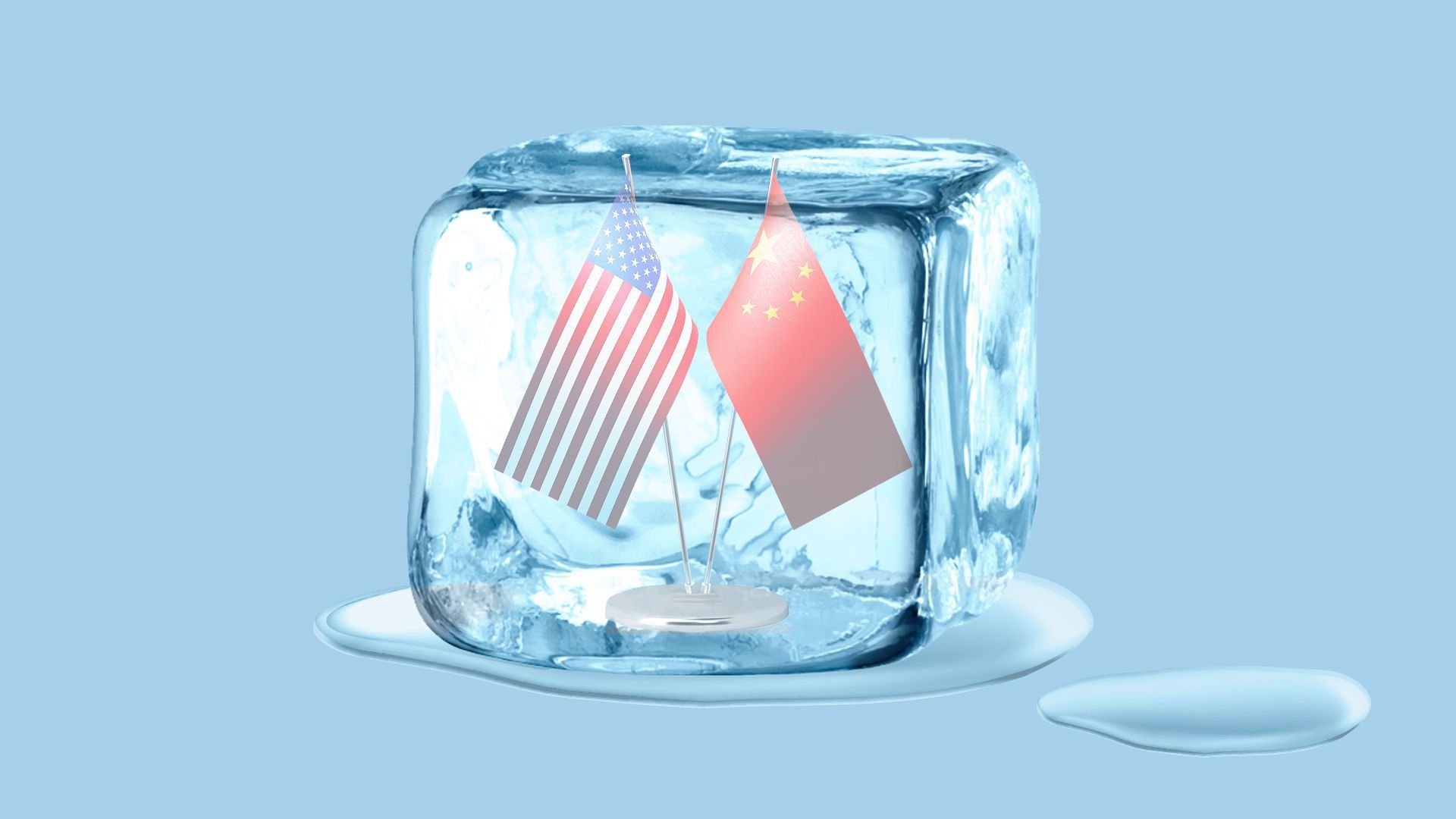 | | | Illustration: Aïda Amer/Axios | | | | The world has never seen a cold war between two countries as interconnected as the U.S. and China, Axios' Bethany Allen-Ebrahimian and Zachary Basu write. - Why it matters: Escalating antagonism between the superpowers will hinder global cooperation to fight climate change ... divert resources to arms and tech races ... complicate diplomacy for U.S. allies ... and victimize Chinese and U.S. citizens living in each other's countries.
This weekend's report that China had tested a nuclear-capable hypersonic missile drew comparisons to the Soviets' 1957 launch of the Sputnik satellite, which raised alarms the U.S. was falling behind. - But this is "not a Sputnik moment," Joshua Pollack, a leading expert on nuclear and missile proliferation, told Axios. "The point about Sputnik is that the Soviets had beaten us to the punch ... Weapons payload aside, this is old hat for the United States."
Context: The missile launch is the latest in a series of headlines shaking the foundation of the U.S.-China status quo. - Satellite images show hundreds of new nuclear missile silos in western China.
- Recent months have seen a dramatic spike in Chinese incursions near Taiwanese air space.
- In September, the U.S., U.K., and Australia announced a new security pact, AUKUS, aimed at countering China in part through the transfer of U.S. nuclear submarine technology to Australia.
- Even NATO, the quintessential Cold War-era alliance, is expanding its focus to include Beijing.
Between the lines: Although the parallels to the Cold War are easy to draw, the world is a very different place now than it was in the 1950s. - China is the world's top trading partner. The Soviet Union implemented an economic embargo, blockading itself from trade with nations outside the Soviet bloc.
- The U.S. and China have close economic, educational, and people-to-people ties. 5.4 million people of Chinese heritage live in the U.S.
Share this story. |     | | | | | | 2. "No-code" miracle for startups |  Data: Interactive Advertising Bureau; Table: Axios Visuals The U.S. has tipped from an industrial economy, reliant on hardware, to an information economy driven by the transfer, storage and implementation of data, Axios Media Trends expert Sara Fischer writes. - Why it matters: The number of jobs created by the commercial internet has more than tripled since 2012.
A new report from the Interactive Advertising Bureau (IAB) finds that the internet-supported economy has shifted over the past decade from technical jobs like coding to jobs that shape and deliver data. - This includes podcasting, streaming and digital gaming.
John Deighton, a Harvard Business School professor and co-author of the report, writes that due to SAAS (software as a service) companies: "You can ... start a business on the internet without being a technologist." |     | | | | | | 3. America's global approval perks up | | A Gallup report out today finds approval of U.S. leadership in 46 countries and territories hit 49% — up from 30% at the end of Donald Trump's presidency, and matching President Obama's first year (2009). - Here's the track that got us here:
 Recreated from Gallup World Poll. Chart: Axios Visuals Download the report (after filling out contact info). |     | | | | | | A message from Facebook | | Why Facebook supports updated internet regulations | | | 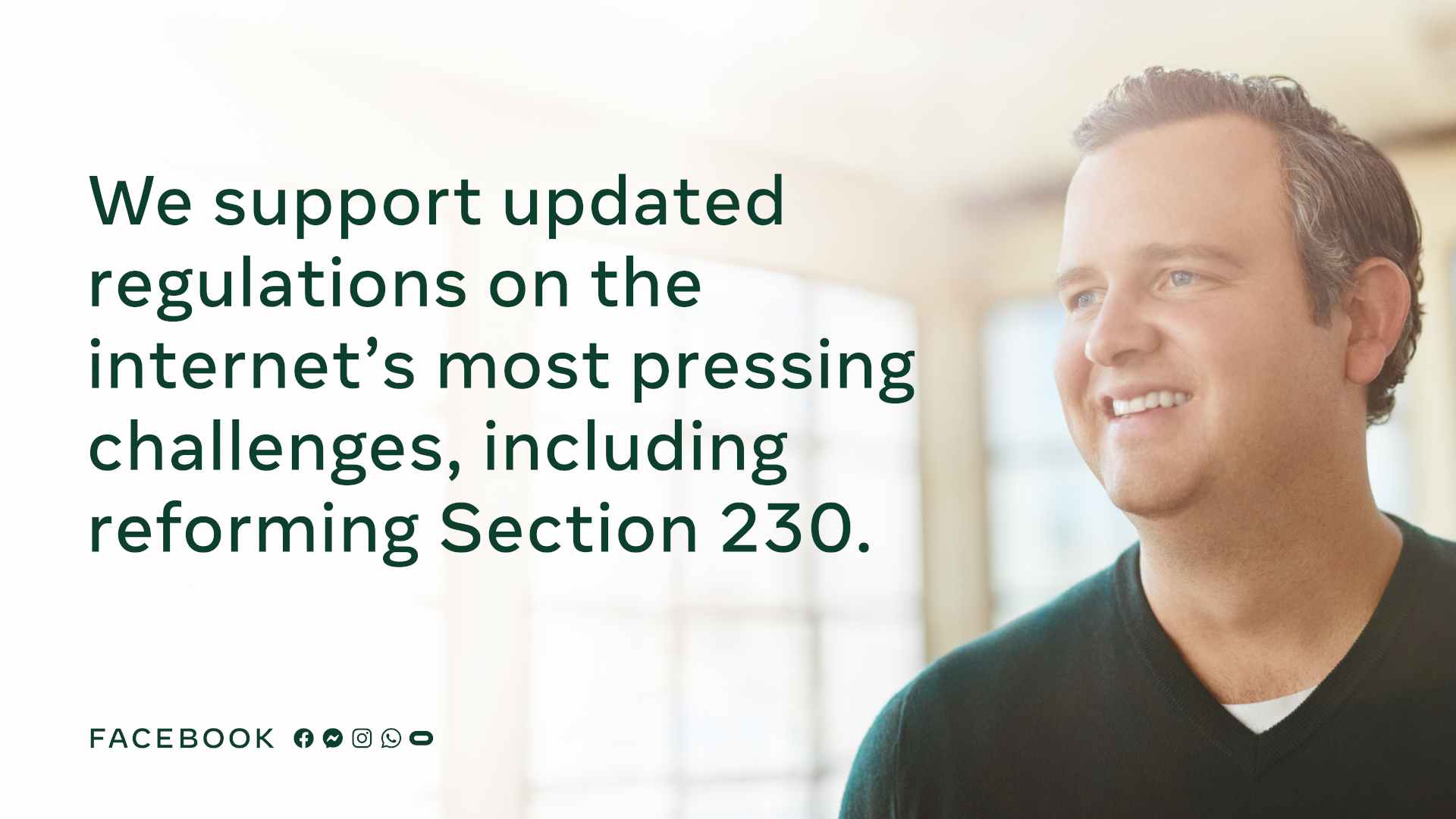 | | | | Jack is one of 40,000 people working on safety and security issues at Facebook. Hear more from Jack on why Facebook supports updating regulations on the internet's most pressing challenges, including content moderation. | | | | | | 4. Colin Powell's last interview: "I haven't lost a day of life" | | Secretary of State Colin Powell advises President George W. Bush in the Oval Office on Nov. 7, 2001. Photo: Eric Draper/The White House via Getty Images As death approached, retired Army Gen. Colin Powell was still in fighting form, Bob Woodward writes on the front page of today's Washington Post: "I've got multiple myeloma cancer, and I've got Parkinson's disease. But otherwise I'm fine," he said in a July interview. And he rejected expressions of sorrow at his condition. "Don't feel sorry for me, for God's sakes! I'm [84] years old," said Powell, who died Monday. "I haven't lost a day of life fighting these two diseases. I'm in good shape." Woodward writes that over 32 years beginning in 1989, "after the U.S. invasion of Panama, I conducted about 50 interviews with Powell, who was the first Black chairman of the Joint Chiefs of Staff and the first Black secretary of state. The last interview was a phone call ... for 42 minutes and recorded with Powell's agreement." Photo: Bob Daugherty/AP Above: In 1990, during the first Gulf War, SecDef Dick Cheney and Gen. Colin Powell, chairman of the Joint Chiefs of Staff, speak to the 354th Tactical Fighter Wing of Myrtle Beach, S.C., at a base in Saudi Arabia. |     | | | | | | 5. Stat of the day: Age as COVID risk |  Data: CDC. (Data includes 30% of Americans across 16 jurisdictions: Alabama, Arizona, Arkansas, Colorado, Connecticut, Florida, Georgia, Idaho, Louisiana, Massachusetts, Michigan, Nebraska, New Mexico, New York City, Seattle/King County, Wash., Utah and Wisconsin.) Chart: Danielle Alberti/Axios Even vaccinated Americans who are 80+ are at higher risk of dying from COVID than anyone — vaccinated or not — under the age of 50, Axios' Caitlin Owens writes from CDC data. - Why it matters: Vaccines greatly deter hospitalization and death, but they're not perfect. Reducing the level of COVID in the community is key to protecting older or vulnerable adults — even vaccinated ones.
Share this graphic. |     | | | | | | 6. First look: Big Tech "sovereignty" | 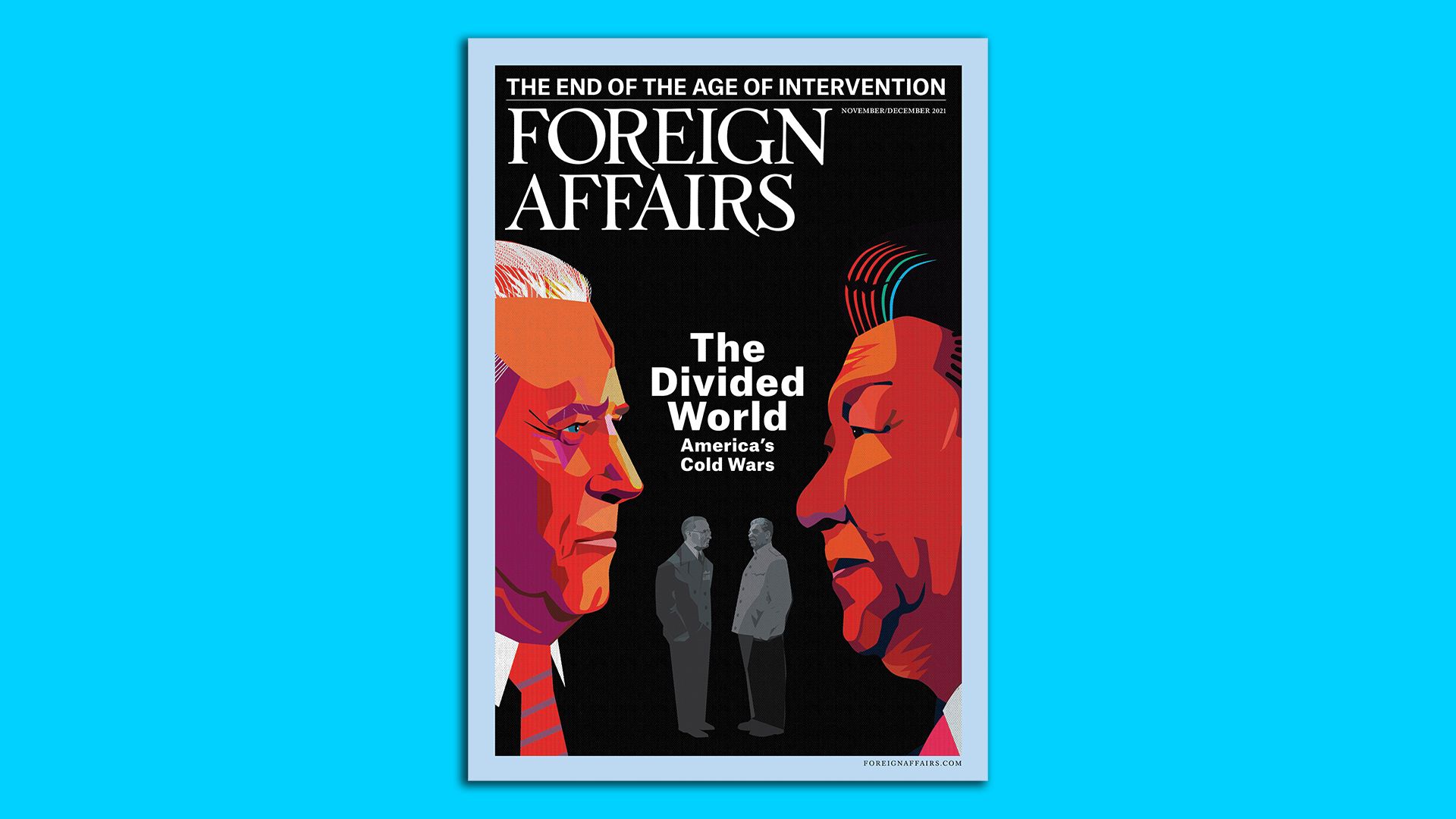 | | | Cover: Foreign Affairs | | | | It's time "to start thinking of the biggest technology companies as similar to states," Eurasia Group president Ian Bremmer writes in the Nov./Dec. issue of Foreign Affairs: - "These companies exercise a form of sovereignty over a rapidly expanding realm that extends beyond the reach of regulators: digital space."
- "They have huge influence over the technologies and services that will drive the next industrial revolution, determine how countries project economic and military power, shape the future of work, and redefine social contracts."
- Keep reading.
🌐 Cold War parallels are the focus of this issue of Foreign Affairs — but that shouldn't be taken as a sign that this framing is "either desirable or inevitable," the magazine's editor, Daniel Kurtz-Phelan, writes: - "Instead, it should serve as a reminder: that now is the time to bring scrutiny, care, and wisdom to the opening moves of this new competition, before it truly is too late."
Explore the issue. |     | | | | | | 7. Celebrities are the new politicians | 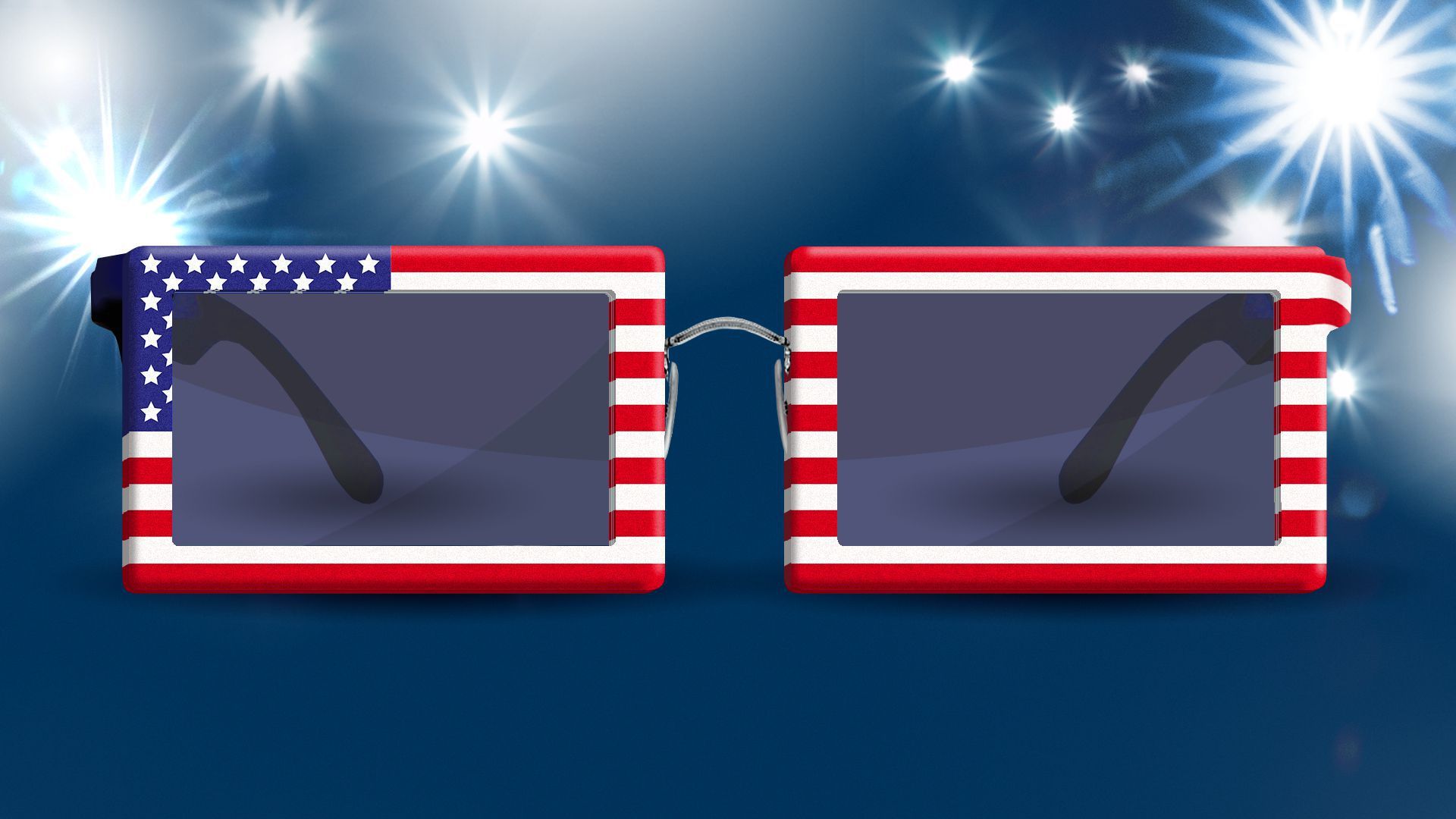 | | | Illustration: Annelise Capossela/Axios | | | | Launching gubernatorial bids, making presidential endorsements, founding schools: Celebrities are diving into public and political life, Erica Pandey writes in Axios What's Next. - Why it matters: Politics is no longer just the purview of career politicians. Companies and CEOs started taking stands on hot-button issues. Now, movie stars, famous musicians and professional athletes are also using their influence in politics.
Celebrities are running at every level — and polls show some have a real shot. - Actor Matthew McConaughey says he's "measuring" a run for Texas governor. A Dallas Morning News/University of Texas at Tyler poll put him ahead of incumbent Gov. Greg Abbott.
- Former Olympic athlete Caitlyn Jenner made a run for California governor.
A slew of celebrities — George Clooney, LeBron James, Dr. Dre and Pitbull — started their own schools. Reality check: Lack of experience, which makes entertainers attractive to jaded Americans, has led many celebrity pols to fail, FiveThirtyEight's Alex Samuels reports. |     | | | | | | 8. 🤿 1 dive thing: The sword in the sea | | Nir Distelfeld, inspector for the Israel Antiquities Authority, holds the ancient sword. Photo: Israel's Antiquities Authority via AP A scuba diver in the Mediterranean off northern Israel salvaged an ancient sword Saturday that experts say dates to the Crusaders. - The diver took the yard-long sword, estimated to be 900 years old, ashore and delivered it to government experts, AP reports.
- The sword, encrusted with marine organisms, is apparently made of iron.
Photo: Israel's Antiquities Authority via AP Above: The Israeli diver discovered the sword near Haifa, Israel, in a trove of ancient artifacts that included anchors and pottery. |     | | | | | | A message from Facebook | | Facebook's safety teams protect billions of people every month | | | 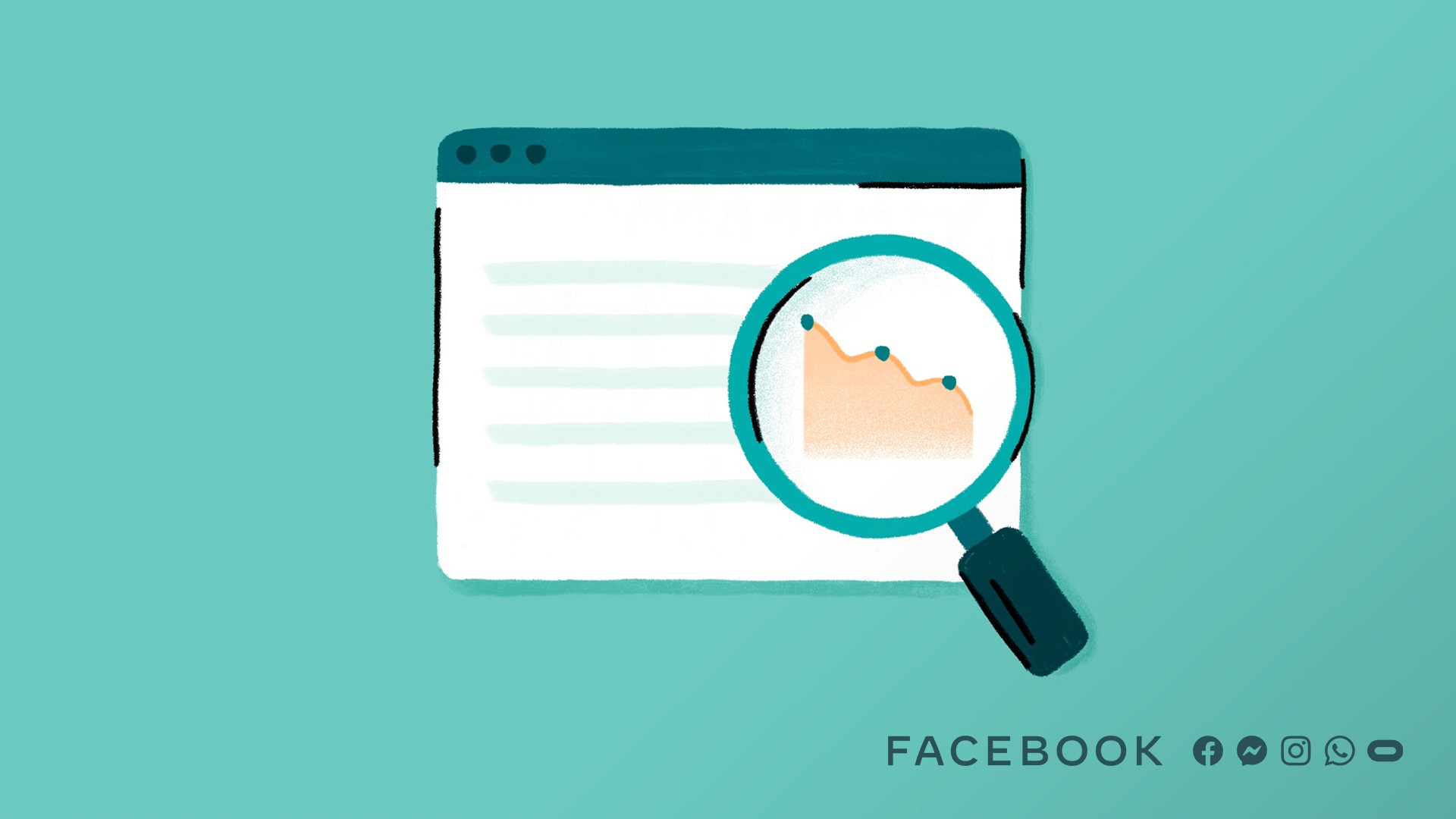 | | | | We've quadrupled our safety and security teams to 40,000 in the last 5 years. It's working: in the past few months, we've taken down 1.7 billion fake accounts. But our work to reduce harmful content on our platforms is never done. Learn more about how we're working to help you connect safely. | | | | 📬 Was this email forwarded to you? Sign up here for your own copy of Axios AM and Axios PM. |  | | It'll help you deliver employee communications more effectively. | | | |






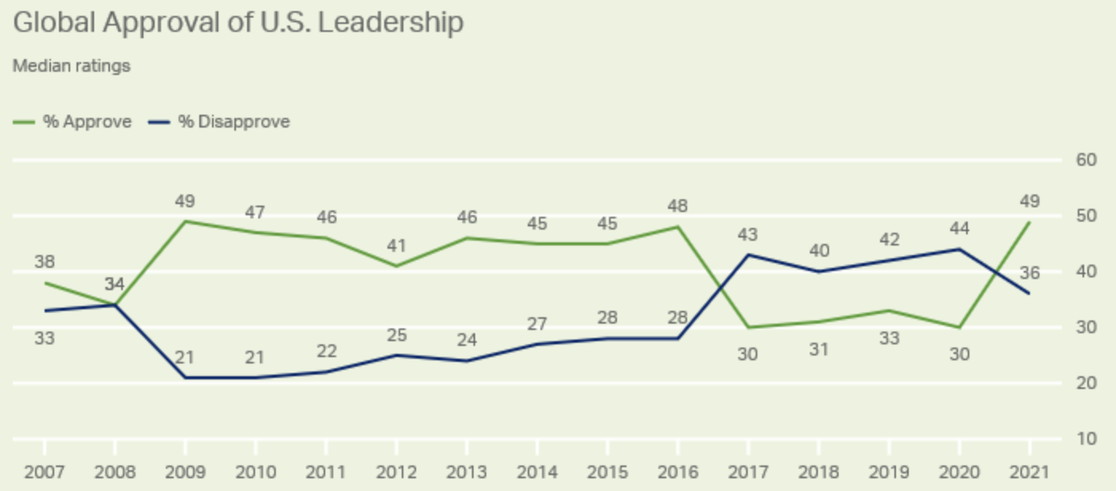


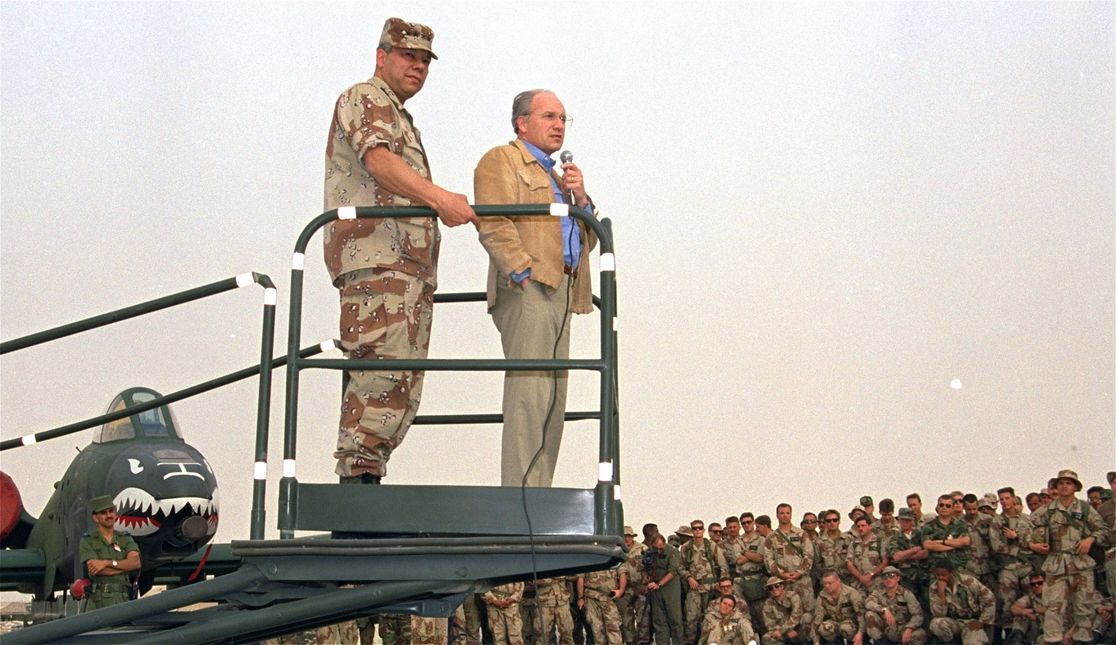



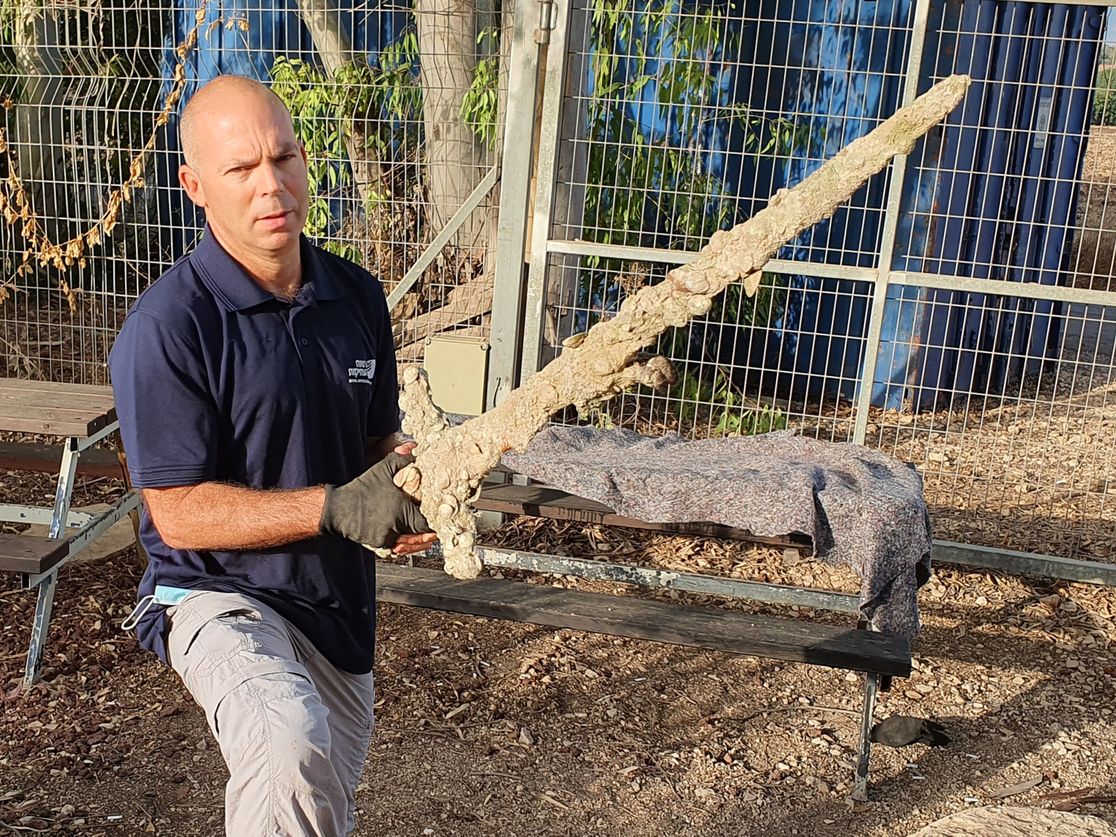
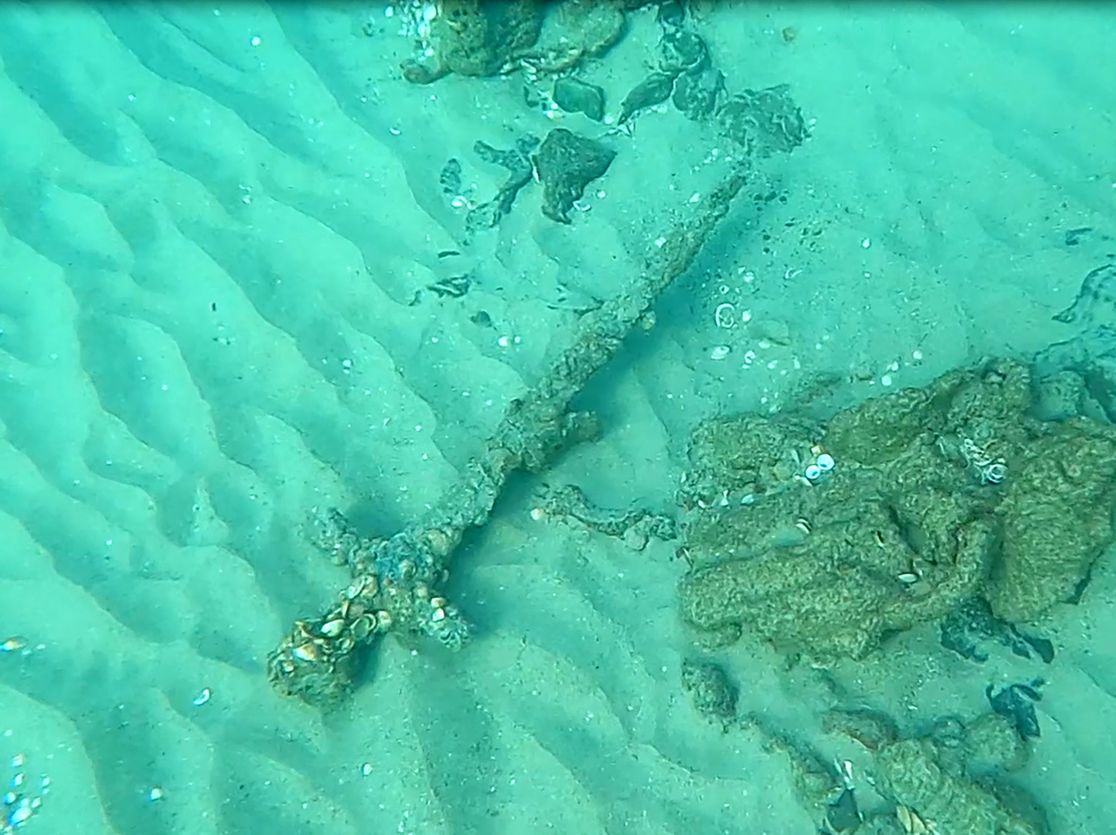

No comments:
Post a Comment